Starscout is a docu-series that follows the search for three female football players in Brazil with the promise of a professional football contract for these winners. While you may dive into it for the football, it hooks you with the harsh realities of the footballing dream in Brazil.
A Different Kind of Reality Show
‘Starscout’ is a reality-docuseries which displays journey of the Starscout team as they hold football trials in three cities in Brazil. Their aim is to find three female football players with the potential to make it in Europe as professionals.
The Starscout team is led by Denis Guerra, who will be most familiar as the coach of Valletta’s women’s team for those following women’s football in Malta. With him is also Natalia Rohn as a co-founder, and throughout the episodes you follow as the two of them lead the trials in search for these three players who will be given the opportunity to play football professionally. Besides the core team, a number of prominent figures feature, such as the head coach of Flamengo, Luiz Andrade who attended the trials in Rio de Janeiro, among others.
“The idea of Starscout was always to find players in Brazil and give them a chance to play in Europe and show their talent. However, by documenting it we wanted to show the reality of women’s football in Brazil,” founder Denis Guerra said.
The show focuses on more than just the football on the pitch, “We wanted to show that the reality is sometimes different to what people think and that includes hurdles for all involved. We wanted to show the different perspectives, including of the players, the scouting team, the parents and the challenge related to facilities.”
Guerra elaborated, “We hoped that by making this show we help people to open their eyes that nothing is simple and that if you really want to achieve your dream you have to chase. We wanted to make people a bit more aware that it is not only about skill and talent in football. It’s about hard work, not just on the pitch, but also off it. Many of the players that we met are living in a society that is very chauvinist, so these players are also battling against a culture. Hopefully through it we open people’s eyes that it is not easy. “
The Trials
The first episode deals with the trials in Goiania, while doing a good job of introducing the tests that players were subjected to and why the team set up the trials in this way. Players were subjected to a variety of tests intended to identify different capabilities, technical, physical and also mental, all of which are crucial to be successful in the professional realm.
While the different tests determine the player’s ability at a certain attribute, the program does a good job of showing the reality of football scouting and how quickly a player may put themselves out of contention.
“It doesn’t take much. Maybe thirty seconds to evaluate a player.” Denis Guerra explains in one episode, “Players not focused lose points, these players are already out. You understand immediately who doesn’t stand a chance.” Once a player is identified to have potential, then it becomes about whether that potential can be developed.
Different players are identified along the episodes, with the aim of making it to the finals and with the ultimate hope of being chosen as one of the three winners.
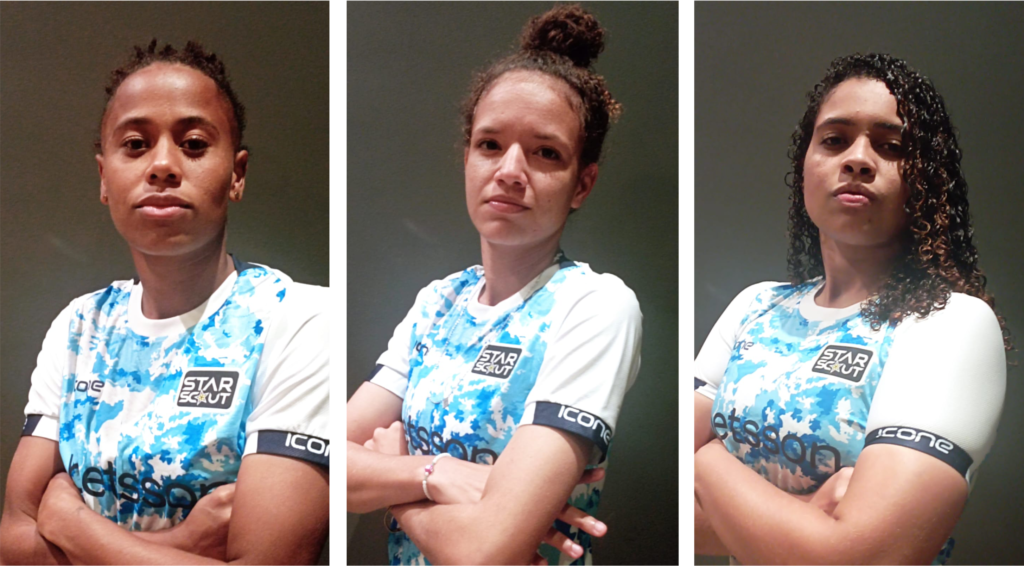
What is interesting is who they won against and how they got there. As noted above, throughout you get a sense that the challenge for the hopefuls, as well as the Starscout crew, was not just the football on the pitch itself.
Capturing The Reality of Brazil’s Footballing Landscape
While Brazil is known as a hub for great talents in football, the series does an extremely good job at capturing the fact that making it as a football player, especially as a female football player in Brazil, is not so simple as having the talent to kick a ball.
Denis Guerra gave some more insight into the realities involved for those chasing the dream in Brazil. He said, “The reality of football in Brazil is a bit different to what many may think from the outside. It is difficult on the men’s and even more on the women’s side. A lot of people try to make a living from football, but there are unfortunately a lot untrustworthy people involved in it as well.”
This is something that featured more prominently in episode two as the team heads to Rio de Janeiro to conduct trials. You get a picture of the fact that in Brazil many have been sold the idea of a trial to play in Europe, but the sheer volume of scams has made many skeptical. In fact, one of the main hurdles that the Starscout team faced was credibility and this is explicitly said by Natalia Rohn in the first episode.
Asked whether this was something that the Starscout team was prepared for, Denis Guerra gave an explanation of the landscape that they knew they were fighting against, “Football trials are very common in Brazil, for both women and men. However, the trials are very bad so to speak, in the sense that you arrive, they split players into teams, sometimes with no care for the player’s position. You are given a bib and ten minutes to play and that’s it. Players are often charged money to participate, so if there are around three-hundred players participating it is quite a bit of money. The big problem is that sometimes there isn’t even a real professional job in place for after the trial, it just ends up being a way to collect fees. In this regard, we knew that many players who have been duped in the past would be skeptical and that Starscout being an unknown name was a challenge.”
Guerra said that the team approached the trials in a radically different manner, “In the Starscout project we did something completely different, the trial was free of charge, we gave them food for the day, the t-shirt and a more complete trial. It may have looked too good to be true for some girls, so although we had a lot of girls coming, around three-hundred, there may have been a few who thought it was just another scam.”
In fact, Marcelle, one of the players’ identified and featuring prominently for Valletta since, was very close to having given up on football altogether, and explains to the team that she was skeptical about the trial throughout. “I thought they would ask for money until the end,” she says to the camera crew.
It is not only the players who are skeptical, but the family too. The docu-series also puts a lens on this, with a number of family members speaking out about the challenge they faced when their daughter was chosen.
Asked about the prominence that this is given in the show, Guerra said, “We wanted to show that this is a reality of the situation of football in Brazil and in women’s football it is even worse because it is growing. It’s important that the decision is shared with the parents and that credibility is a big problem in Brazil.”
Beyond that, despite having legendary stars in the women’s game, Brazil’s culture still has a very strong viewpoint against women in football. The lack of support and discouragement faced by girls when pursuing this dream is another hurdle that they have to overcome and something that the docu-series captures as well.
The Relevance of This For The Maltese Public
The chosen players are offered a place to play football as professionals in Europe, including with Valletta in the Assikura Women’s League. In this regard, the program has a direct link to Maltese football.
However, Denis Guerra was also asked about the contrast that one sees with respect to those who are Maltese and wish to make it in more competitive leagues in Europe. He said, “The challenges of aspiring players in countries like Brazil, Argentina and Colombia are very different to those faced by Maltese players. In comparison maybe you would say that for players who are in Malta it should be easier. However, then we have a different challenge because our kids are maybe a bit too spoilt and obviously then they are not ready to decrease their quality of life to achieve their dreams. I don’t doubt that many have the dream of becoming professional football players, but most of them are not ready to sacrifice the quality of life in order to achieve it.”
All of this makes the show, Starscout, rather unique in its nature and perhaps an eye opening one. It shows a different reality and also captures a lesser seen aspect of getting to professional football. While many have watched football matches, few have ever seen the reality of a football trial, and it’s effect on the hopefuls, their families and the scouts.
If any of this peaks your interest and you missed the start, you can catch up on episode 1 and 2 online. The third one airs tonight at 21:00 on TVM Sport+.
Images Credits: Starscout
Stay up to date by following The Sporting Fan on social media: Instagram ~ Facebook ~ X
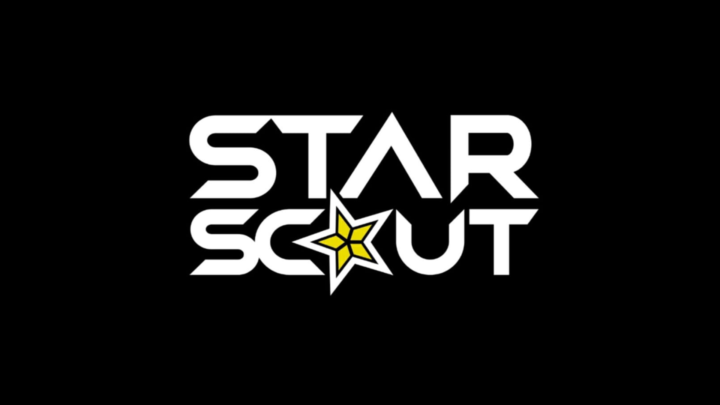
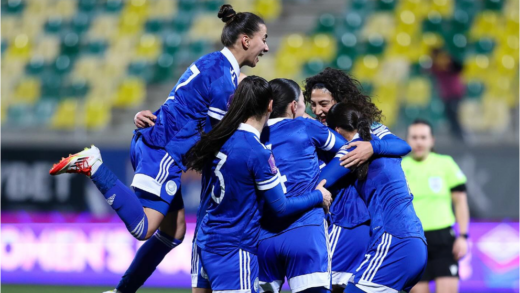
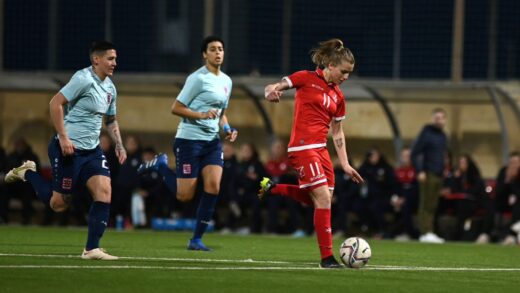
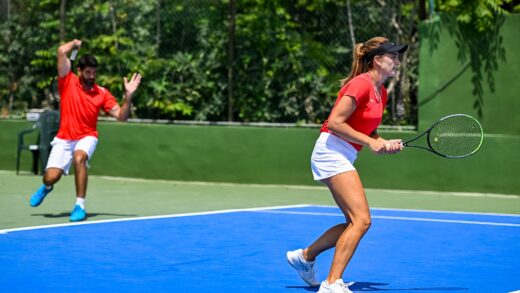
2 Responses
[…] de Souza Ramos, as well as outfield player Eduarda Martins Souza. Having been scouted through the ‘Starscout’ series, the duo established themselves in the Assikura Women’s League last season. Regulars […]
[…] The Reality of Chasing Professional Football in Brazil […]